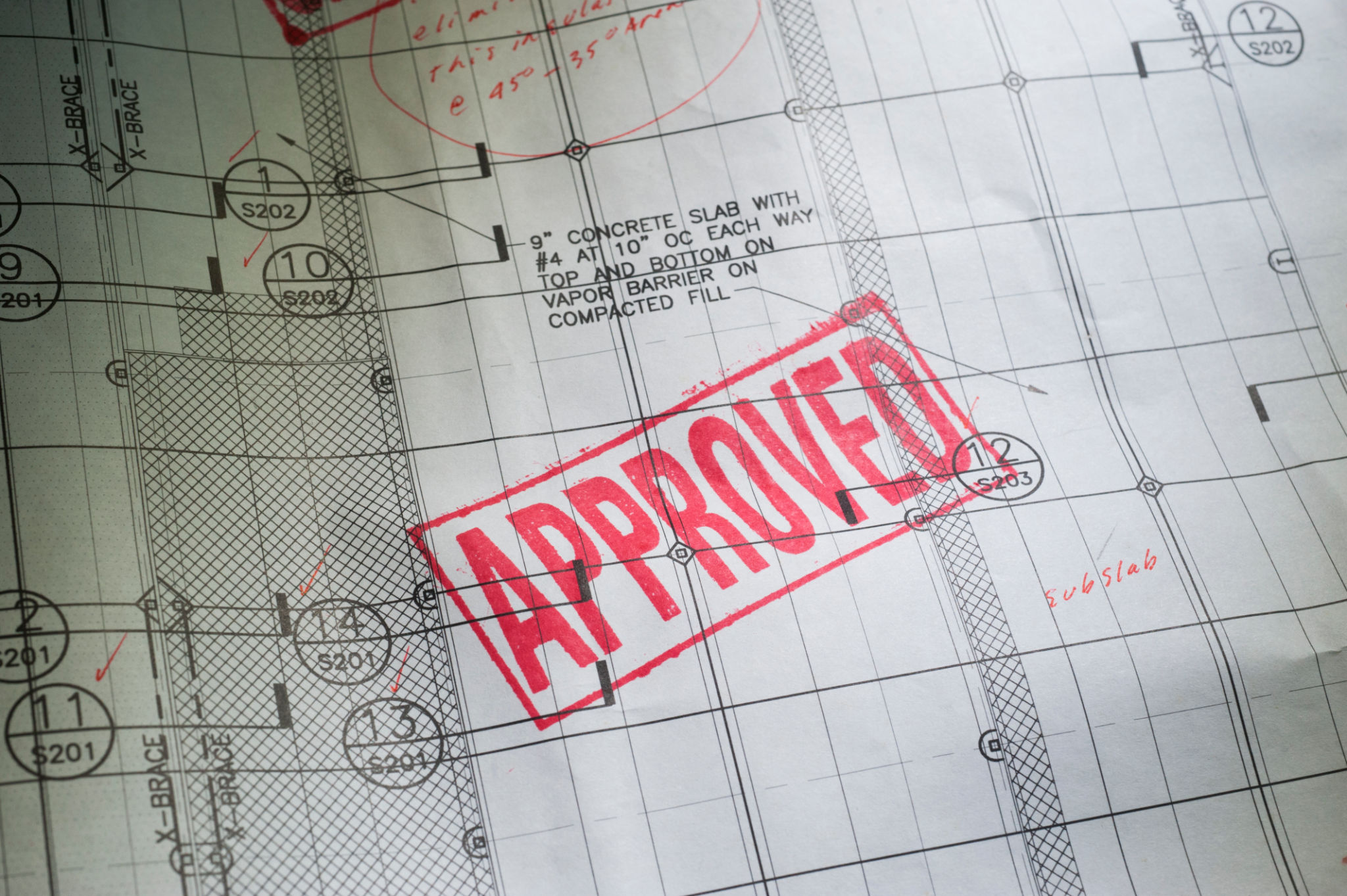Navigating Permits and Regulations for Home Construction in Buncombe County
Understanding the Basics of Permits and Regulations
Embarking on a home construction project in Buncombe County requires a keen understanding of the local permits and regulations. These guidelines ensure that your construction is safe, legal, and in harmony with community standards. As a homeowner or builder, it’s crucial to familiarize yourself with these requirements to avoid potential delays or legal issues.
Permits are essentially your legal authorization to begin construction. They are crucial for ensuring that your project complies with local building codes, zoning laws, and environmental regulations. In Buncombe County, the permitting process is overseen by the Planning and Development Department, which provides resources and assistance to help you navigate these requirements.

Types of Permits Required
Before breaking ground, it’s important to identify the specific types of permits you will need. Common permits required for home construction include:
- Building Permit: This is necessary for any new construction, addition, or significant alteration to a building.
- Electrical Permit: Required for any electrical work that involves installing new circuits or outlets.
- Plumbing Permit: Needed for any plumbing work, including installing new pipes or fixtures.
- Mechanical Permit: This covers HVAC installations or modifications.
Each of these permits ensures that the specific aspect of your construction meets the safety and quality standards set by the county.
The Application Process
The permit application process in Buncombe County can be initiated online or in-person. It involves submitting detailed plans of your proposed construction, including site plans, architectural drawings, and any other relevant documentation. These plans are reviewed by county officials to ensure compliance with local building codes and regulations.
Once your application is submitted, it will undergo a thorough review process. This can take several weeks, so it’s advisable to plan accordingly and submit your application well in advance of your intended start date. During this time, you may be asked to provide additional information or make modifications to your plans.

Inspections and Compliance
After obtaining the necessary permits, your construction project will be subject to inspections at various stages. These inspections are crucial for verifying that the work being done complies with the approved plans and local building codes. Common inspection stages include foundation, framing, electrical, plumbing, and final inspection.
It’s important to schedule these inspections in a timely manner to avoid delays. Failure to pass an inspection may require you to make corrections and request a re-inspection, which can impact your project timeline.
Working with Professionals
Given the complexity of the permitting process, many homeowners choose to work with professional contractors or architects who are familiar with Buncombe County’s regulations. These professionals can assist with preparing the necessary documentation, submitting applications, and coordinating inspections.

Hiring experienced professionals can also provide peace of mind, knowing that your project is in compliance with all local requirements. Additionally, they can help navigate any unexpected challenges that arise during construction.
Staying Informed and Up-to-Date
Regulations and requirements can change, so it’s important to stay informed throughout your project. Regularly check the Buncombe County Planning and Development Department’s website for updates or changes to the permitting process. Attending local planning meetings or workshops can also provide valuable insights and information.
By staying informed and proactive, you can ensure a smooth construction process that adheres to all necessary regulations, ultimately leading to a successful completion of your home project.
